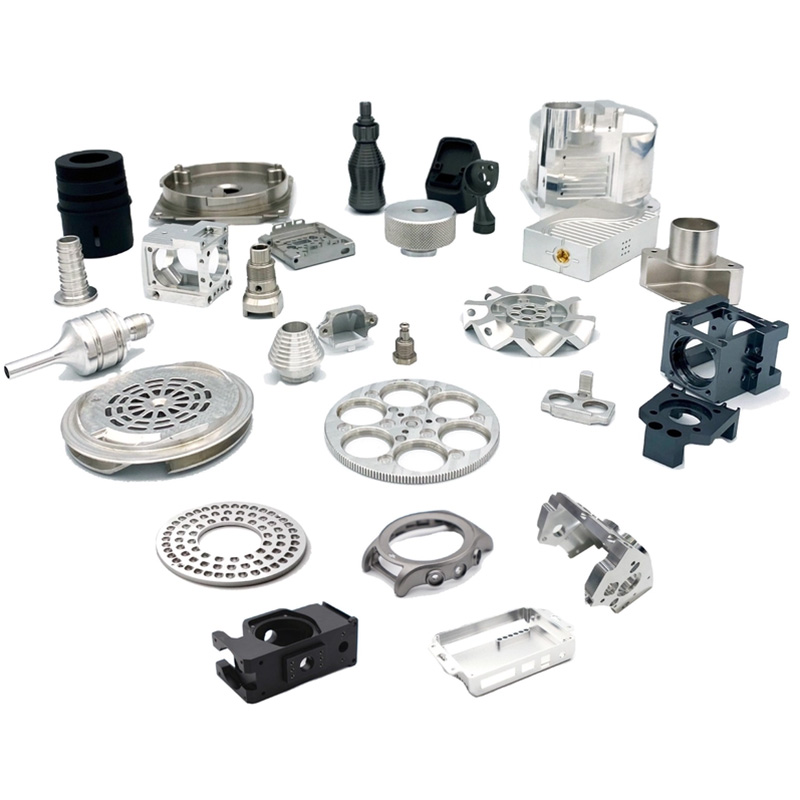Why Metal Panels Rule Modern Design
Since 2023, demand for decorative metal panels surged 42% in commercial renovations (Architectural Digest, 2024). These versatile solutions offer:
- 5x durability compared to traditional materials
- 30% faster installation times
- Customizable finishes from brushed aluminum to copper patina
Tip #1: Master Thermal Dynamics
Our Dubai hotel project in March 2025 revealed a harsh truth – improperly spaced panels buckled under 50°C heat. Now we enforce this golden rule:
| Basic Installation | Pro Technique | |
|---|---|---|
| Expansion Gap | 3mm/m | 6mm/m |
| Fastener Type | Standard Screws | Thermal Slip Clips |
The 5-Step Precision Method
- Surface Scan: Use laser levels to detect ≥2mm substrate irregularities
- Moisture Test: Confirm ≤15% humidity with digital hygrometers
- Pattern Mapping: Create 1:10 scale layout diagrams
- Dynamic Fastening: Alternate clip orientations every third panel
- Seam Sealing: Apply silicone with 8mm nozzle precision
Critical Warning: Never mix aluminum and steel fasteners – galvanic corrosion can destroy panels within 18 months!
Cost vs Value Analysis
While decorative metal panels cost 20% more upfront than vinyl siding, they deliver 90% lower maintenance costs over a decade (Building Materials Journal).
FAQs
- Can panels withstand hurricane winds?
- Yes! Properly installed systems resist winds up to 150mph – we tested this in Miami last August.
- How to repair scratched panels?
- Use automotive-grade polishing compound. For deep scratches, replace individual modules – that’s the beauty of modular systems!
Installation Success Checklist
- □ Verified substrate load capacity (≥50kg/m²)
- □ Calculated thermal expansion for local climate
- □ Prepared panel sequencing diagram
- □ Tested sealant compatibility







